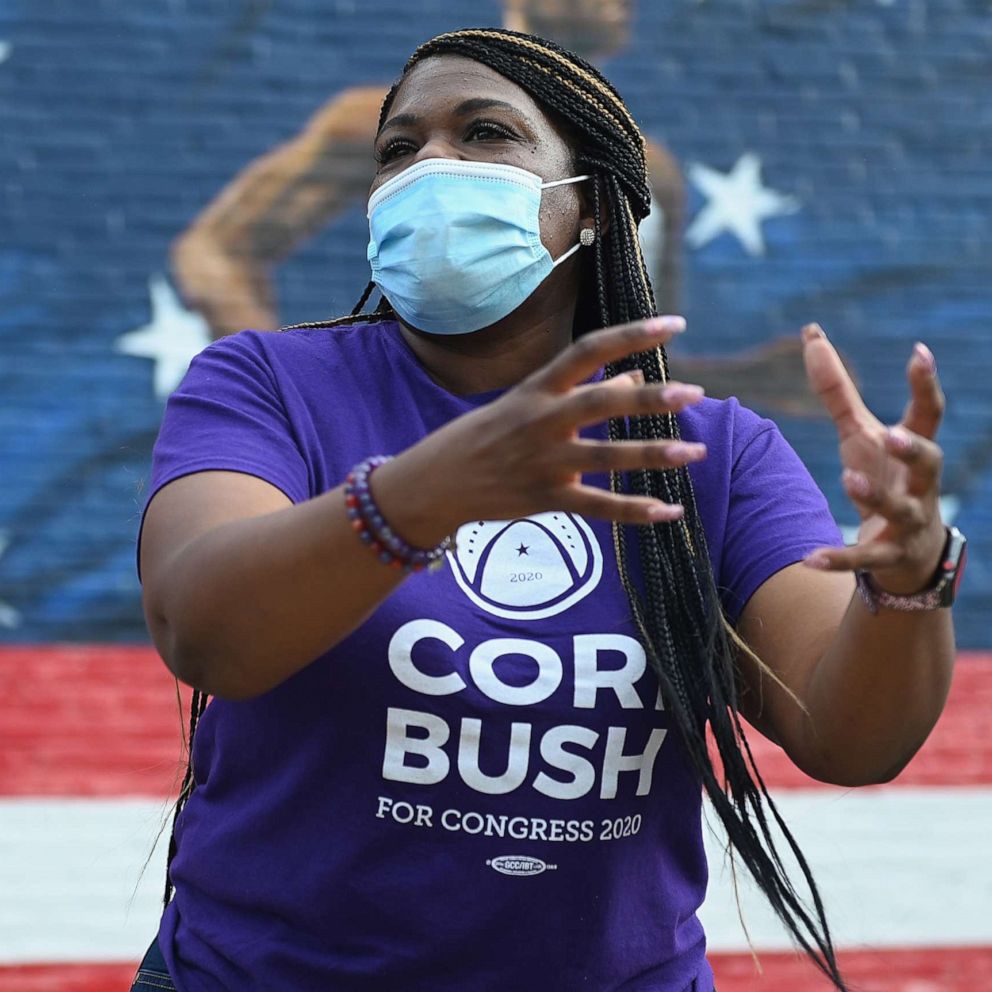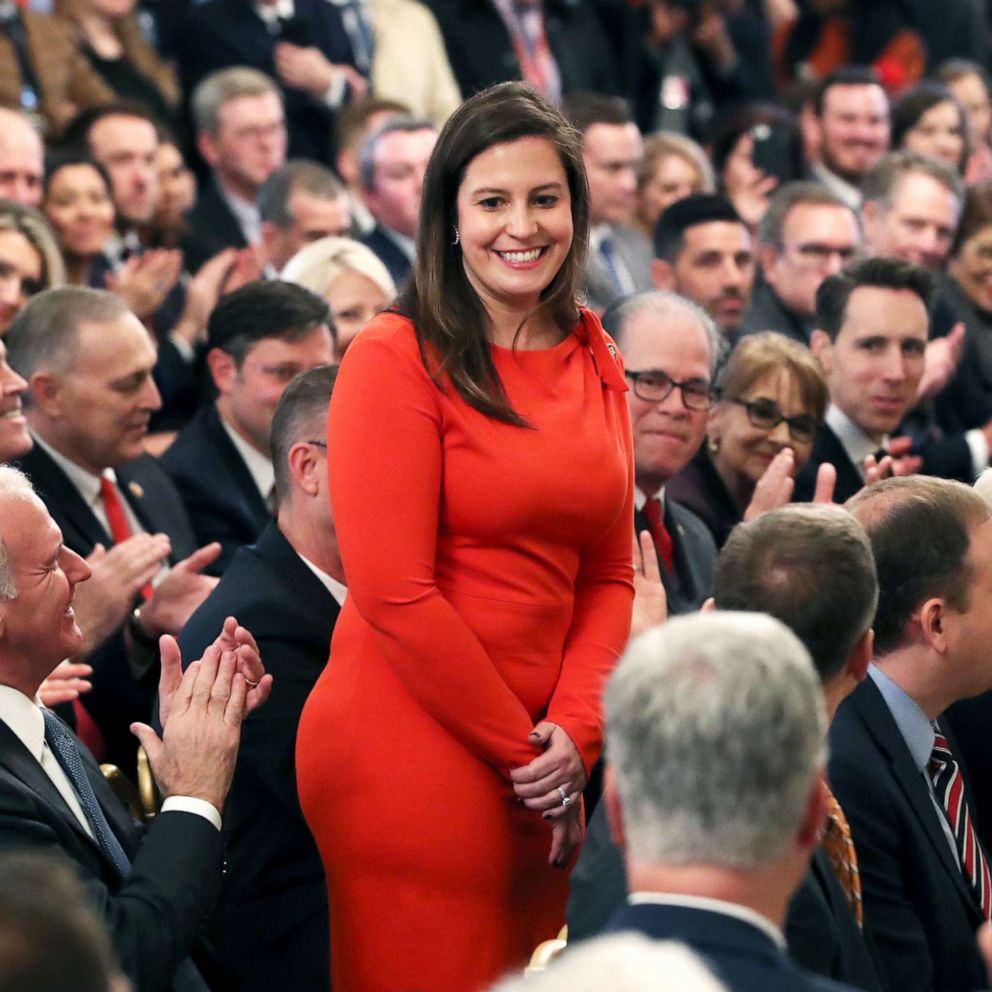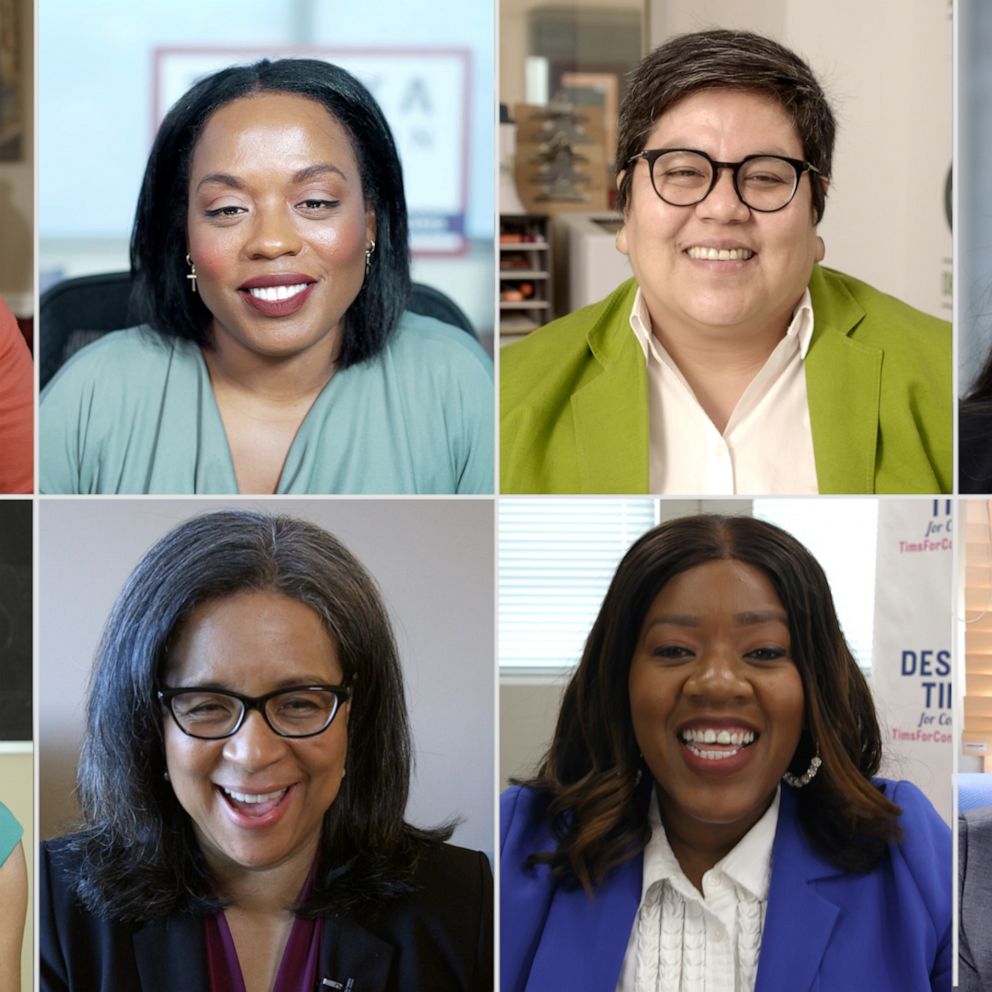The 'quagmire' facing Black Republican women who run for Congress
Only one Black Republican woman has even been elected to Congress.
Only one Black Republican woman has ever held a seat in Congress -- Mia Love, who represented Utah's 4th Congressional District from 2015 to 2019. But it's not because Black Republican women don't run.
A record number of women of color from both the Democratic and the Republican parties ran for Congress in 2020 -- and a record number won their primaries, according to an analysis by Rutgers University's Center for American Women and Politics.
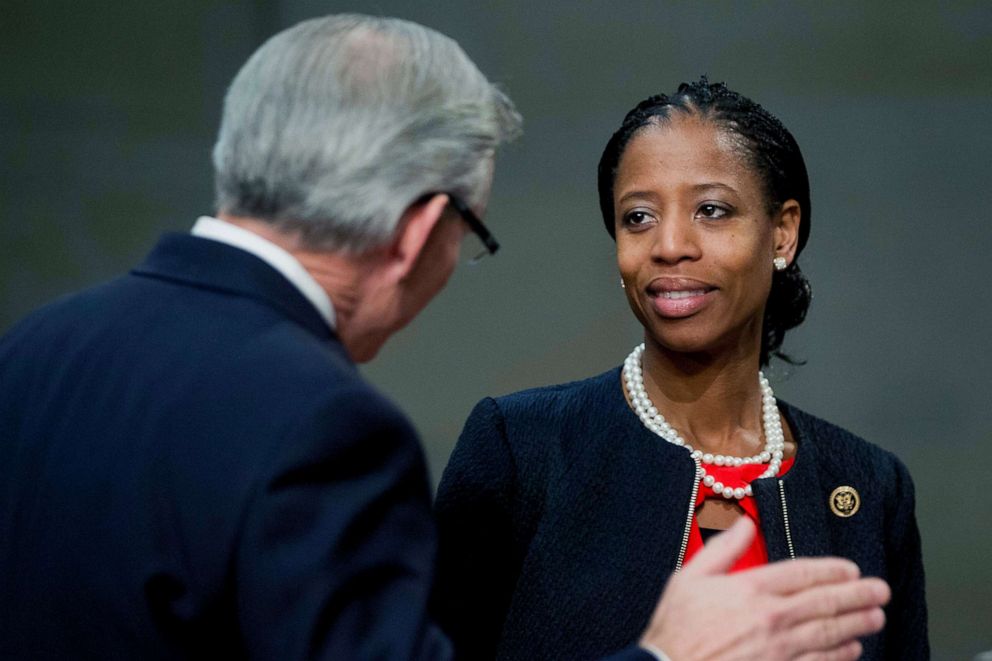
Out of the 115 nominees for U.S. House, 82 are Democrats and 33 are Republicans, with nominations for Black women at 61 -- a record high.
But based on an ABC News analysis of data from The Cook Political Report, it is unlikely that these runs will translate to a significant change in representation in Congress -- particularly for Republican women, largely because those candidates are not competing in toss-up or competitive races.
Vivian Childs, Laverne Gore and Kimberly Klacik -- all Black Republicans -- launched campaigns in urban Democratic strongholds across the country in the hopes of winning a seat in Congress.
In interviews with ABC's "Good Morning America," they each described feeling alone in their primary races and expressed frustration over the lack of support from their own party. They urged the GOP to reach out to candidates and voters of color.
I get called names all the time for being a Black Republican.
Battling a 'vicious circle'
Childs is a lifelong Republican and a Christian minister, who grew up in a military family. She said that some in her community are "surprised" when they learn of her party affiliation.
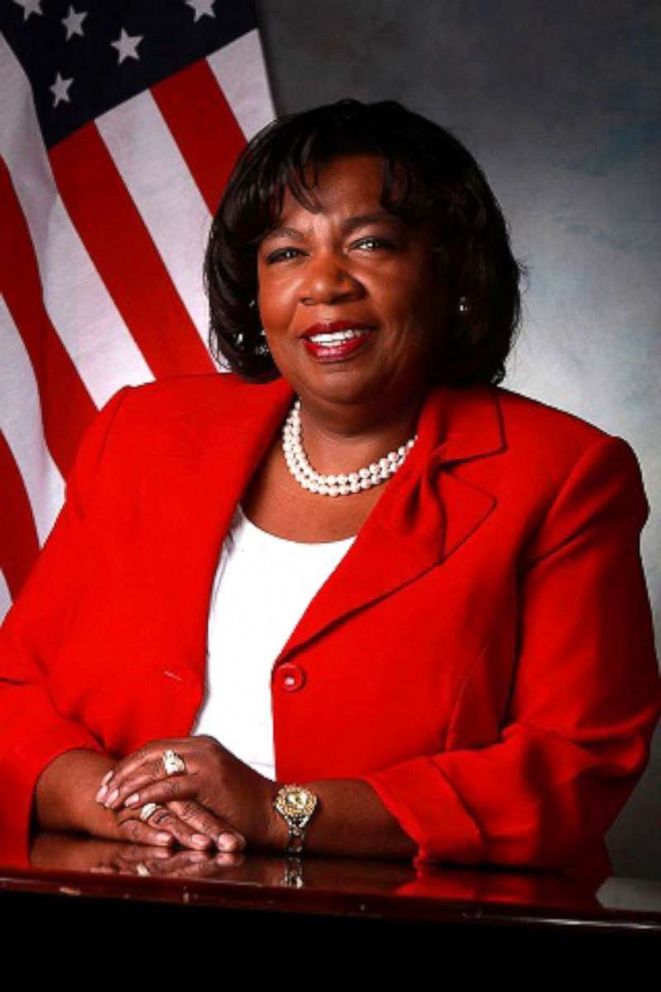
She lost her primary race to represent Georgia's 2nd Congressional District to a white male challenger in a majority Black, largely urban area, which has been represented by Democrats since the 1800s.
According to a June 2020 Pew Research report, 83% of Black voters identify or lean toward the Democratic Party, compared with just 10% who say they are Republican or lean toward the GOP.
Leah Wright Rigueur, the author of "The Loneliness of the Black Republican," told, "GMA" that Black candidates face a "vicious circle" when they run as Republicans because they are often met with skepticism and opposition in their own communities.
"Here's the real dilemma ... in order to get support from the community, (Black Republican candidates) have to distance themselves from the national party. But by doing that, they will never get support from the national party," she said.
Gore is running against Democratic incumbent Rep. Marcia Fudge, who has represented Ohio's solidly blue 11th Congressional District since 2008 -- a majority Black urban area.
"Maybe the candidacies (of Black Republicans) aren't taken seriously because typically we don't get the Black vote. And sometimes we don't get the white vote, you know? So we're kind of in a bit of a quagmire," Gore said, reflecting on her challenges to fundraise.
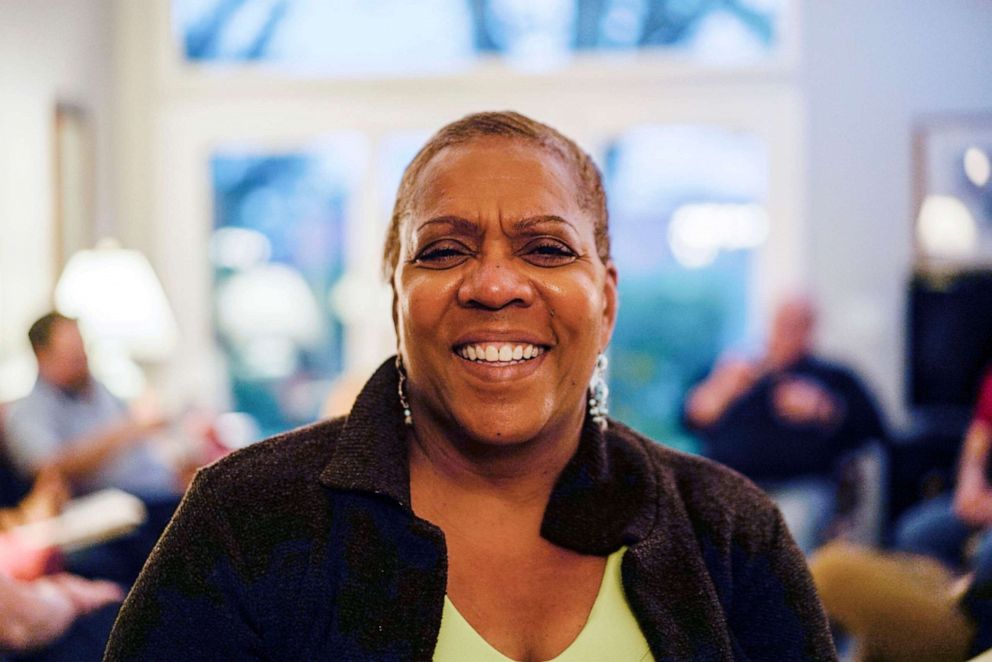
Klacik, a former Democrat who voted for Barack Obama, faces an incredibly steep climb in a reliably blue urban district, which includes parts of Baltimore. She is running against incumbent Democratic Rep. Kweisi Mfume, who was sworn in earlier this year after the death of Rep. Elijah Cummings in October 2019. Cummings held that seat since 1996.
"I get called names all the time for being a Black Republican. Meanwhile, my whole push is to make it better in the Black community," Klacik said, criticizing Democratic politicians for a lack of investment in the inner cities.
Asked what advice she has for other Republicans of color who face similar backlash, Klacik urged them not to be discouraged.
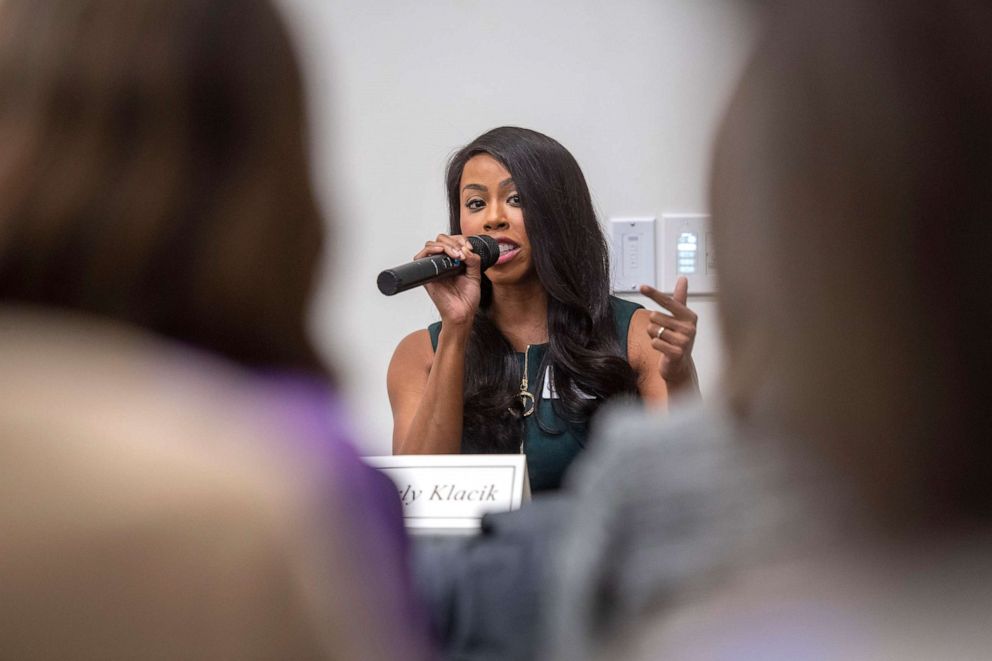
"People are always gonna either love you or hate you," she said. "You've got to fight for what's right."
The primary 'is our biggest place of hurt'
Compared to an expansive network of Democratic organizations built over the last few decades to support female candidates, there are only a few Republican groups working specifically to boost the campaigns of Republican women.
According to Rigueur, , this puts women of color at a disadvantage because they are overwhelmingly outspent during primaries by white men who have access to "networks" and "war chests" of wealth and power.
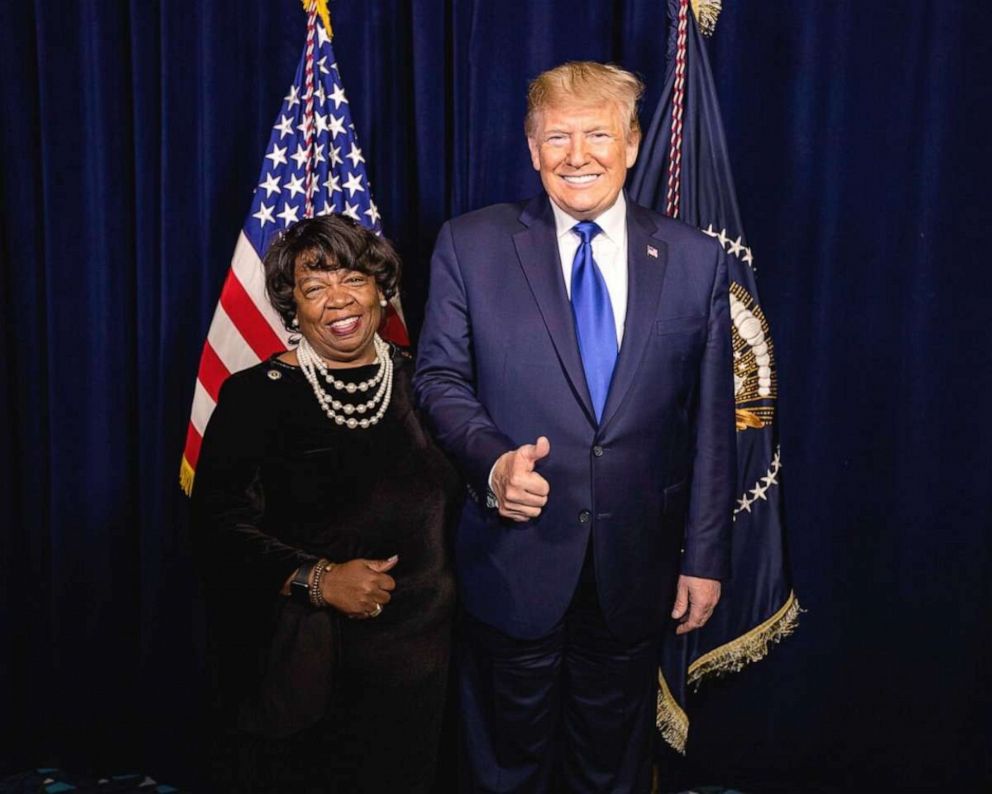
"The primary, to me, is our biggest place of hurt (for women of color)," Childs said, adding that during her campaign, she was "frustrated" by fundraising challenges and the lack of support from Republican institutions.
Gore shared a similar experience, saying, "I personally, here in Cleveland, could not even find a fundraiser to help me."
"They're like, why are you wasting your time you know, because they don't think they can raise the money for you because you are a Black candidate," she added.
Klacik, who defeated a crowded primary field to become the GOP nominee for Maryland's 7th Congressional District, said that before her campaign ad went viral this summer, she did not receive support from Republican organizations.
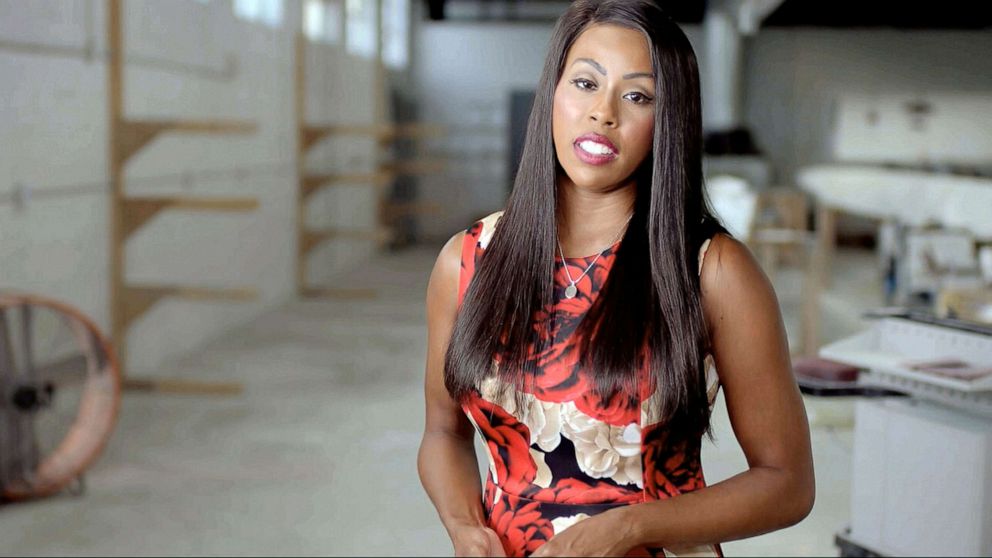
Her ad, in which she walks around the city of Baltimore and picks up trash, saying "our streets should be a reflection of our leaders -- clean, not dirty," caught the attention of President Donald Trump, who had referred to Baltimore in the past as a "disgusting, rat and rodent infested mess" in an attack of the late Rep. Elijah Cummings.
Trump backed Klacik's campaign and she was invited to speak at the Republican National Convention -- an opportunity she described as a "turning point" for her campaign.
"The Republican Party, the RNC, the GOP … they've never actually really reached out to us in the Black community, we can be very honest about that. With President Trump, it's like this olive branch has now been extended," she said.
'Don't write us off'
According to Julie Conway, who runs ViewPac -- one of the few Republican organizations that specifically works to boost female GOP candidates during the primary -- groups like hers generally have limited resources, which is why they prioritize supporting GOP women in races that are considered "winnable."
"My job is to find terrific women who can be super competitive -- not only win their primary but win in November," she said, adding that ViewPac endorsed and supported 27 non-incumbent Republican women in "competitive" races.
Childs, Gore and Klacik were not among them.
Pressed on the fact that they launched campaigns in Democratic strongholds, Childs, Gore and Klacik pushed back against the notion that the GOP shouldn't support Black candidates in solidly blue districts.
Childs said that if given the "chance," Black women could change the narrative about which districts are winnable.
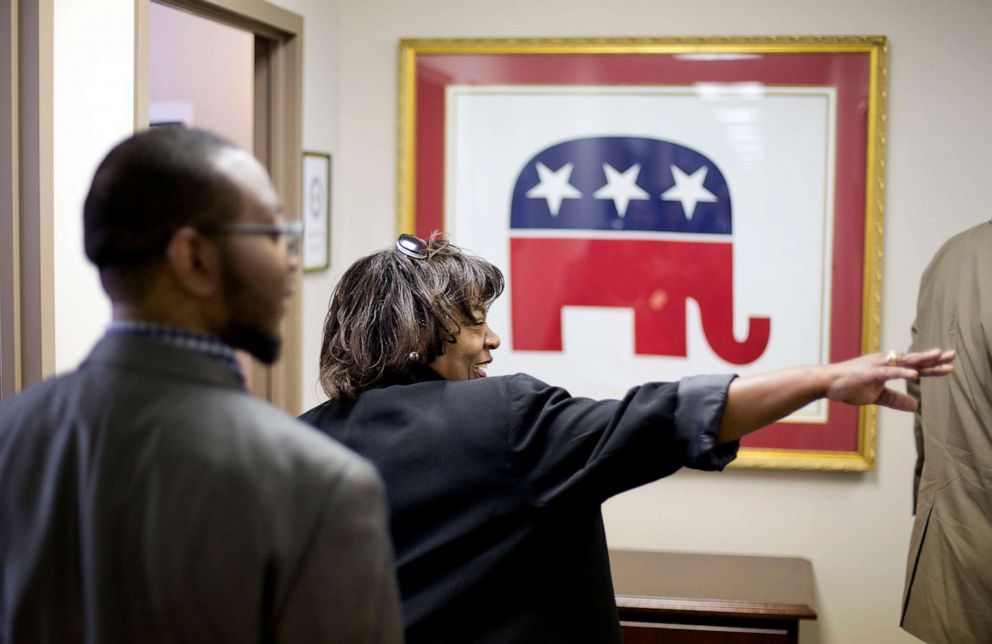
"Don't write us off," Klacik said. "If they really want to flip these seats in these inner cities … then you would have to recruit members that grew up in those cities, number one, but number two, that reflect what a lot of those cities' populations look like."
Gore, a lifelong Republican who crossed party lines to vote for Obama in 2008, said that the Republican Party hasn't been "laying any foundations in the Black community," particularly in Democratic strongholds, but should because its values are "very much in line with the African American community."
"Black folks are very conservative. We believe in mom, pop and family and God. Many of my friends are always telling me, we believe in the military, we believe in the police -- we believe in all those things," she said. "We just don't have anybody telling us that that's available to us in the Republican Party."
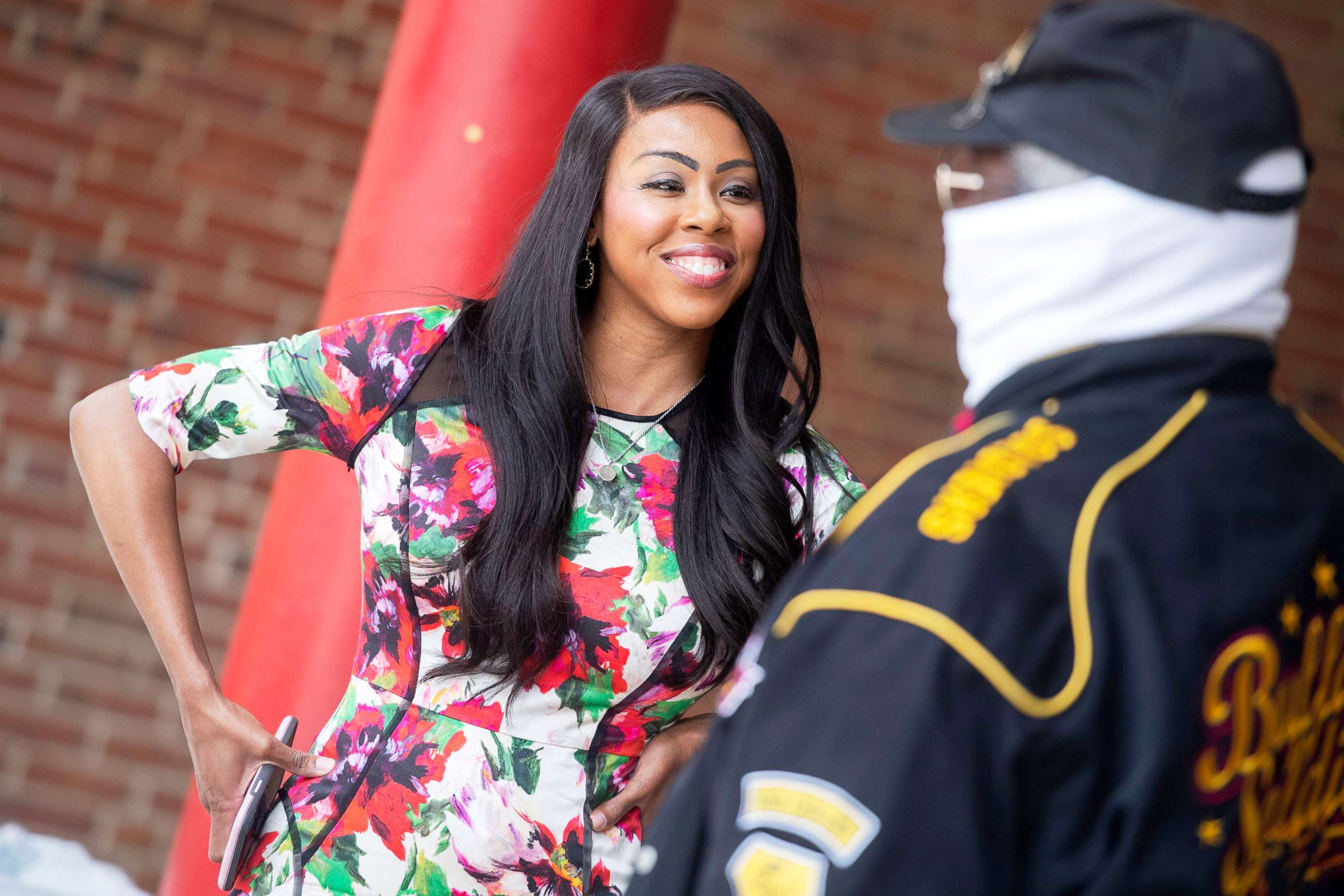
Following her primary loss, Childs urged the National Federation of Republican Women (NFRW), where she is a member, to address the GOP's diversity problem.
This led the NFRW -- which supports both GOP men and women -- to launch a diversity committee chaired by Childs. The committee works on outreach to Republican women of color to "encourage membership," Childs said, and educate potential candidates about the resources available to them at NFRW, including training programs.
There are currently 127 women serving in Congress -- 105 are Democrats and only 22 are Republicans. Among them, there are 47 Democratic women of color, but only one woman of color in Congress is a Republican.
"If there was a way that we could get past the primary, I think it would benefit the party as a whole," Childs said. "There are so many mechanisms that are built into keeping us out of the primary, and winning the primary, that are making the entire party suffer."
A candid conversation with eight women of color running for Congress this year
